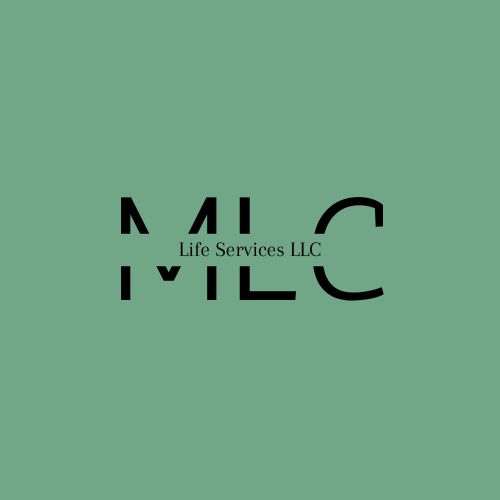
The Hidden Costs of 401(k) Plans: How Fees Can Erode Your Retirement Wealth
When planning for retirement, a 401(k) is often one of the most popular vehicles for saving. These employer-sponsored plans offer tax-deferred growth and, in many cases, the opportunity for a company match—essentially free money to help you build your nest egg. However, one critical aspect often overlooked is the impact of fees on your retirement savings. Over time, these hidden costs can significantly reduce your wealth, leaving you with less money than you anticipated when you're ready to retire.
Understanding 401(k) Fees
401(k) fees come in various forms, including administrative fees, investment fees, and individual service fees. These costs are often buried in the fine print, making it challenging for participants to understand how much they’re paying and what they’re paying for.
Administrative Fees: These fees cover the cost of managing the plan, such as recordkeeping and compliance.
Investment Fees: These are the largest and most impactful fees, often tied to the expense ratios of the mutual funds or other investment options within the plan.
Service Fees: These fees may be charged for additional services, such as taking a loan from your 401(k) or making investment changes.
While each fee may seem small individually, their cumulative impact over decades of saving can be staggering. According to a study by the Center for American Progress, the average 401(k) plan has an annual fee of 2.2%, which can eat away up to 65% of your retirement wealth over time. For instance, a 1% annual fee on a $100,000 portfolio might not seem like much in a single year, but over 30 years, it could cost you hundreds of thousands of dollars in lost growth (Investopedia, 2023).
The Long-Term Impact of Fees
To illustrate the impact of 401(k) fees, consider this example:
You contribute $10,000 per year to your 401(k) and achieve an average annual return of 7% before fees.
With no fees, your account could grow to approximately $1,010,730 over 30 years.
With a 1% annual fee, your account value drops to about $834,000.
With a 2.2% annual fee, your account value could plummet even further, leaving you with significantly less wealth.
That’s a difference of nearly $177,000 with a 1% fee—and potentially much more with higher fees like 2.2% (Center for American Progress, 2023).
Alternatives to Traditional 401(k) Plans
Given the potential erosion of wealth due to fees, it’s wise to explore alternative or supplemental strategies for retirement savings. Here are a few options:
Roth IRA: A Roth IRA allows for tax-free growth and withdrawals in retirement, provided you meet certain criteria. Unlike a traditional 401(k), contributions are made with after-tax dollars, but the absence of taxes on future growth and withdrawals can lead to significant savings over time. Additionally, Roth IRAs often offer a wider range of investment options with potentially lower fees than a 401(k).
Cash Value Life Insurance: Permanent life insurance policies provide both a death benefit and a savings component that grows over time. These policies allow for tax-deferred accumulation and the potential to access funds during your lifetime, offering an additional layer of financial security and flexibility for retirement planning.
Brokerage Accounts: While not tax-advantaged, a taxable brokerage account offers flexibility in investment choices and liquidity. You can manage fees by choosing low-cost index funds or ETFs.
Making the Most of Your 401(k)
If a 401(k) is your primary retirement savings vehicle, there are steps you can take to minimize fees and maximize growth:
Leverage the Company Match: Contribute enough to take full advantage of any company match. This is essentially free money and can offset some of the impact of fees.
Review Plan Options: Many plans offer a range of investment choices. Opt for low-cost index funds or ETFs to reduce the fees you pay.
Request Fee Disclosures: Employers are required to provide fee disclosures to participants. Review these documents carefully to understand what you’re paying.
Consider Rolling Over: If you leave your job, rolling your 401(k) into an IRA can give you greater control over investments and fees.
Final Thoughts
While 401(k)s can be an effective way to save for retirement, the hidden fees associated with these plans can quietly erode your wealth over time. By staying informed, making strategic investment choices, and exploring alternative savings options, you can protect your hard-earned money and secure a more robust financial future.
We specialize in helping individuals create customized retirement strategies that align with their goals. If you’d like to learn more about reducing fees or exploring alternative savings options, schedule a free consultation today!
References
Center for American Progress. "The Impact of 401(k) Fees on Retirement Savings." AmericanProgress.org. Accessed January 2025.
Investopedia. "Hidden Fees in 401(k)s."Investopedia.com. Accessed January 2025.
